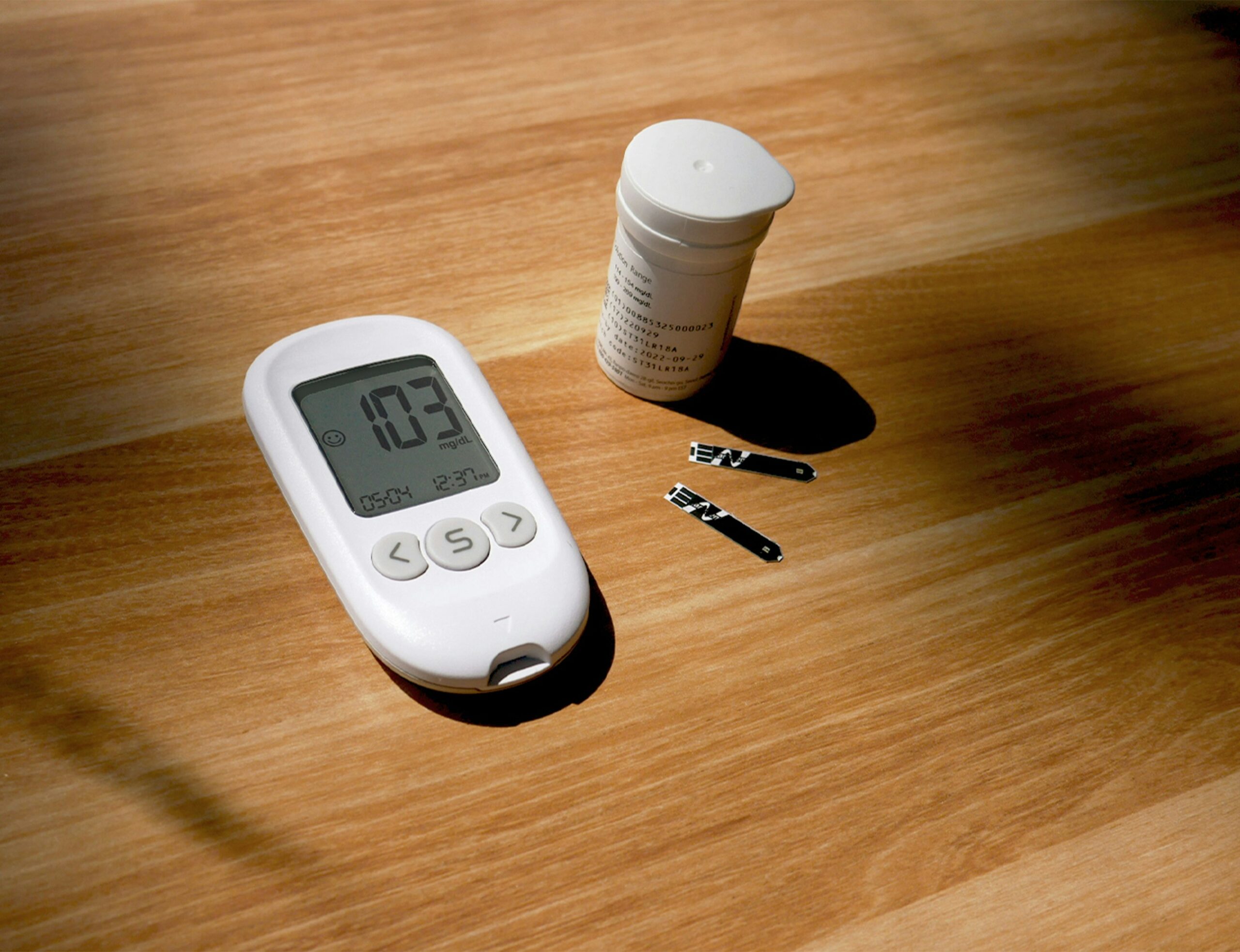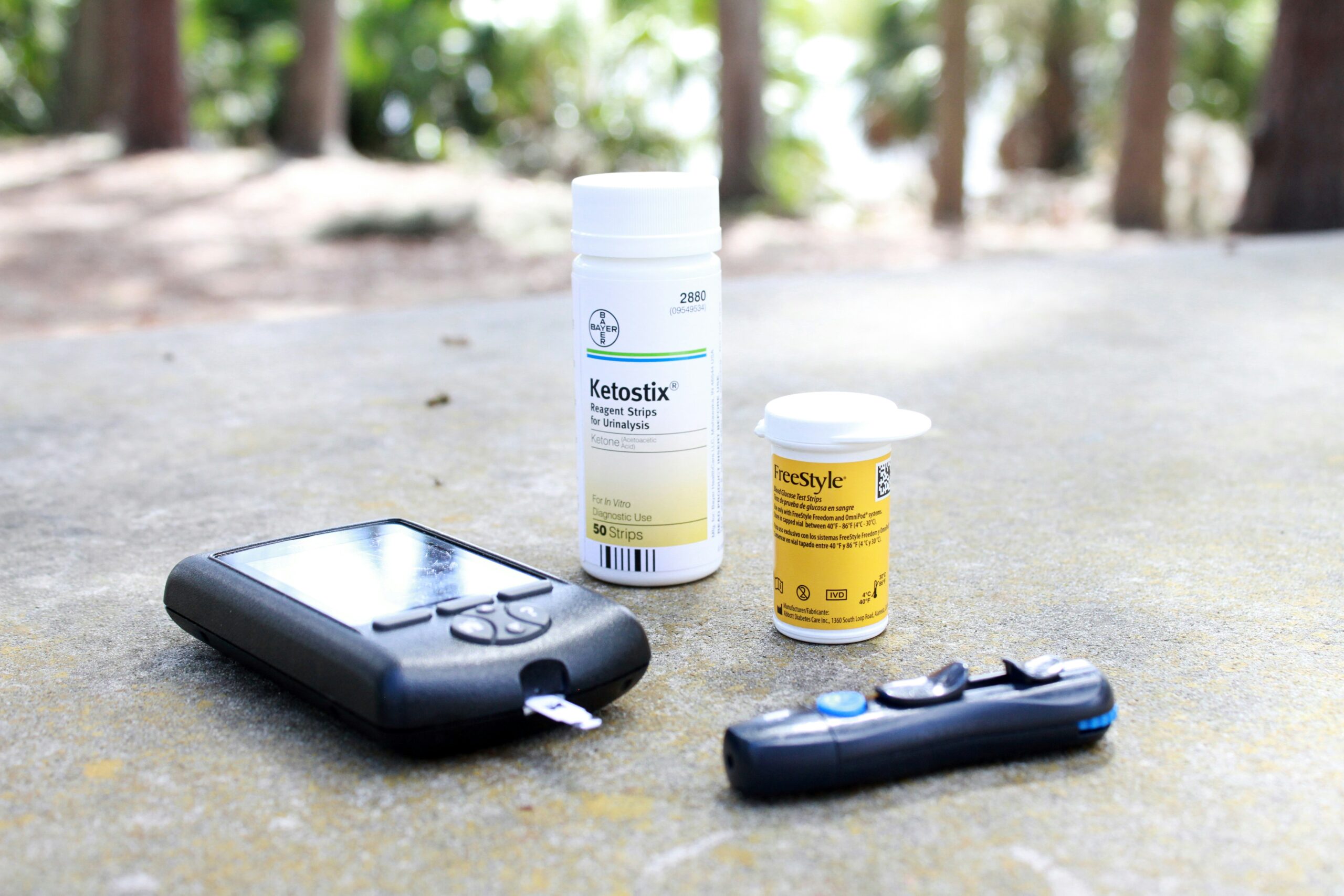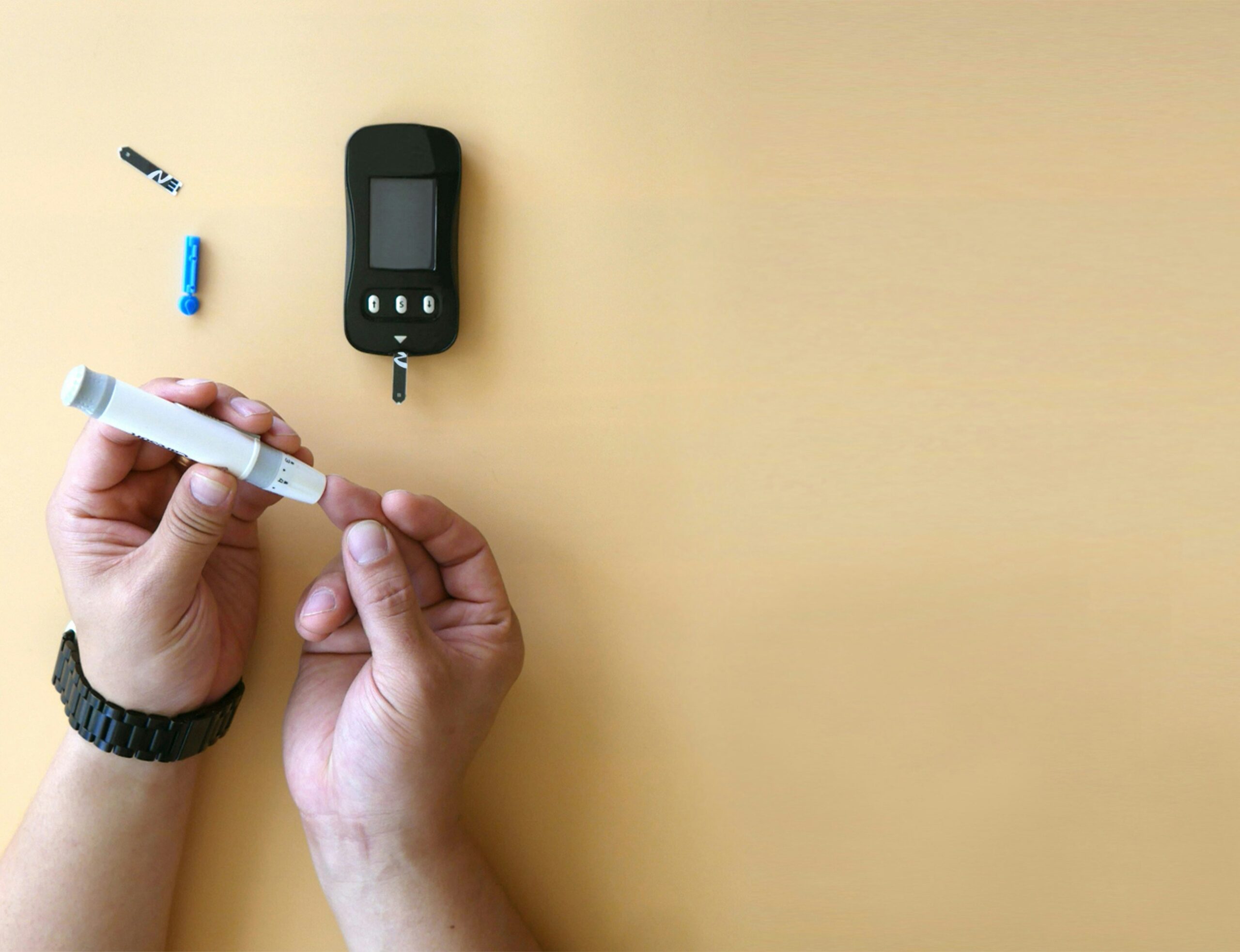Are you familiar with the relationship between insulin resistance and high blood pressure? It’s a common concern that many people face, but understanding how these two conditions are linked can help you make informed decisions about your health. Let’s dive into the impact of insulin resistance on high blood pressure and explore how these two conditions are connected.
Understanding Insulin Resistance
Insulin resistance is a condition in which your body’s cells become less responsive to the hormone insulin. Insulin plays a crucial role in regulating blood sugar levels by allowing glucose to enter your cells for energy. When your cells become resistant to insulin, your body compensates by producing more insulin to maintain normal blood sugar levels. Over time, this can lead to high blood sugar levels and eventually, type 2 diabetes.
Insulin resistance is often associated with other metabolic disorders, such as obesity and high cholesterol. These conditions can increase your risk of developing high blood pressure, also known as hypertension. By understanding the basics of insulin resistance, you can start to see how it can impact your blood pressure and overall health.
How Does Insulin Resistance Impact Blood Pressure?
When you have insulin resistance, your body produces higher levels of insulin to compensate for the decreased sensitivity of your cells. This excess insulin can lead to several changes in your body that can contribute to high blood pressure:
-
Increased Sodium Retention: Insulin plays a role in regulating the balance of sodium and potassium in your body. When you have insulin resistance, your kidneys may retain more sodium, leading to fluid retention and increased blood volume. This can result in higher blood pressure levels.
-
Activation of the Sympathetic Nervous System: Insulin resistance can stimulate your sympathetic nervous system, which controls your body’s “fight-or-flight” response. This can increase your heart rate and constrict your blood vessels, raising your blood pressure.
-
Impaired Nitric Oxide Production: Insulin normally helps to relax and dilate your blood vessels by promoting the production of nitric oxide. With insulin resistance, this process may be impaired, leading to reduced blood vessel relaxation and increased blood pressure.
By understanding these mechanisms, you can see how insulin resistance can directly impact your blood pressure levels. This connection underscores the importance of managing insulin resistance to maintain optimal blood pressure and prevent cardiovascular complications.

This image is property of images.unsplash.com.
The Role of Salt in Insulin Resistance and High Blood Pressure
Salt intake has long been associated with high blood pressure, but its relationship with insulin resistance is less well-known. However, research suggests that excessive salt consumption may contribute to the development of insulin resistance and exacerbate high blood pressure.
How Does Salt Affect Insulin Sensitivity?
High salt intake has been linked to insulin resistance through several mechanisms:
-
Disruption of Insulin Signaling: Excessive salt consumption can interfere with insulin signaling pathways in your cells, impairing their ability to respond to insulin. This can contribute to insulin resistance and elevate blood sugar levels.
-
Promotion of Inflammation: Salt can trigger inflammation in your body, which is a key factor in the development of insulin resistance. Chronic inflammation can disrupt insulin signaling and contribute to metabolic dysfunction.
-
Impairment of Blood Vessel Function: Salt can affect the function of your blood vessels, reducing their ability to dilate and regulate blood flow. This can lead to increased blood pressure and vascular damage associated with insulin resistance.
By understanding the impact of salt on insulin sensitivity, you can see how reducing your salt intake may help improve insulin resistance and lower your risk of high blood pressure. Making dietary changes to limit salt consumption can be a valuable strategy for managing these interconnected conditions.

This image is property of images.unsplash.com.
Strategies for Managing Insulin Resistance and High Blood Pressure
If you have insulin resistance and high blood pressure, there are several lifestyle modifications and medical interventions that can help you manage these conditions effectively. By taking a comprehensive approach to your health, you can improve your insulin sensitivity, lower your blood pressure, and reduce your risk of cardiovascular complications.
Dietary Changes
-
Reduce Sugar and Refined Carbohydrates: High-sugar and refined carbohydrate foods can cause spikes in blood sugar levels and worsen insulin resistance. Opt for whole foods like fruits, vegetables, whole grains, and lean proteins to stabilize your blood sugar and improve insulin sensitivity.
-
Limit Salt Intake: Excessive salt consumption can exacerbate high blood pressure and insulin resistance. Be mindful of your salt intake and choose low-sodium alternatives to protect your cardiovascular health.
-
Increase Fiber Intake: Fiber-rich foods like fruits, vegetables, legumes, and whole grains can help regulate blood sugar levels and promote gut health. Aim to include fiber in every meal to support your metabolism and insulin sensitivity.
Physical Activity
-
Engage in Regular Exercise: Physical activity is essential for improving insulin sensitivity and managing high blood pressure. Aim for at least 150 minutes of moderate-intensity exercise per week to support your cardiovascular health and metabolic function.
-
Incorporate Strength Training: Building muscle mass through strength training can enhance your insulin sensitivity and metabolic rate. Include resistance exercises in your workout routine to support your overall health and well-being.
Medications
-
Consult Your Healthcare Provider: If lifestyle changes alone are not sufficient to manage your insulin resistance and high blood pressure, your healthcare provider may recommend medications. Insulin-sensitizing drugs, antihypertensives, and other medications can help regulate your blood sugar and blood pressure levels.
-
Monitor Your Progress: Regular monitoring of your blood sugar, blood pressure, and other metabolic markers is essential for tracking your progress and adjusting your treatment plan. Work closely with your healthcare team to optimize your management strategy and achieve better health outcomes.
By implementing these strategies in your daily routine, you can take control of your insulin resistance and high blood pressure. Remember that consistency is key, and small changes over time can lead to significant improvements in your metabolic health and overall well-being.

This image is property of images.unsplash.com.
Conclusion
Insulin resistance and high blood pressure are closely interconnected conditions that can have serious implications for your health. By understanding the relationship between these two conditions and making proactive choices to manage them, you can protect your cardiovascular health and improve your overall quality of life. Take the time to prioritize your metabolic health through healthy lifestyle habits, regular physical activity, and medical support when needed. Your future well-being is in your hands, so make informed decisions to support your long-term health and vitality.

